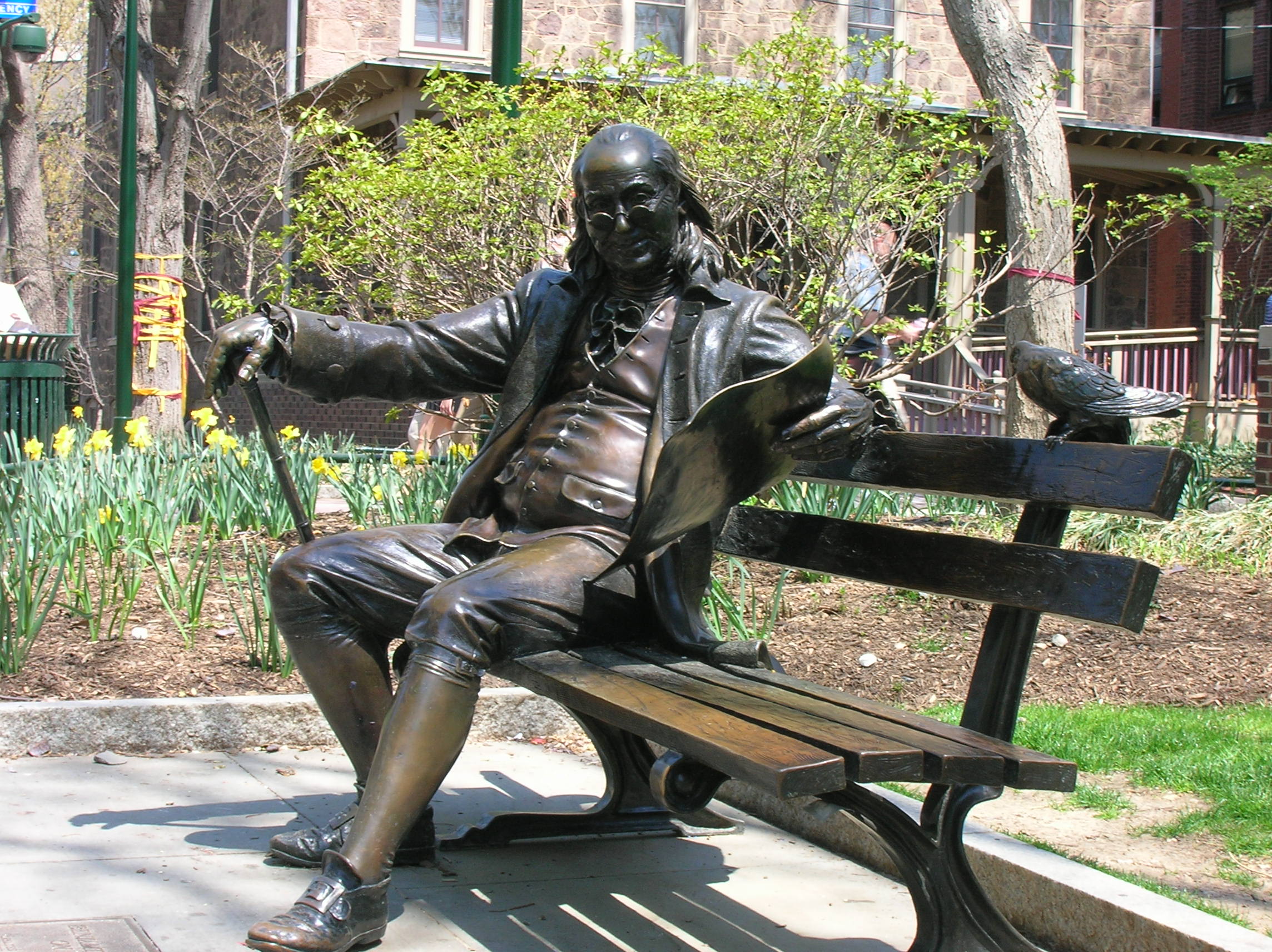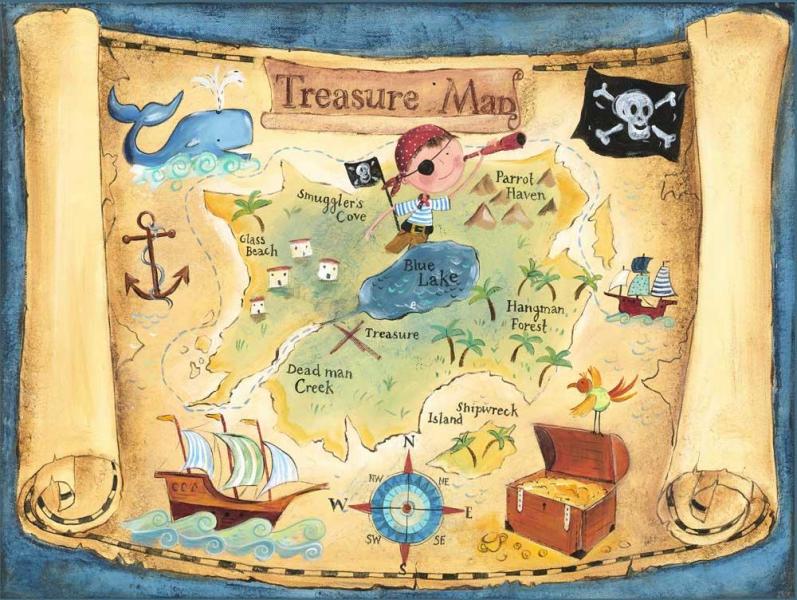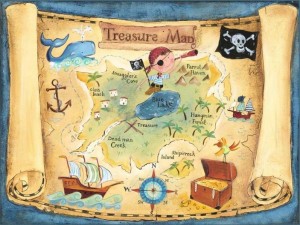Guest Post by Nisar Amin, GEx ’03
I have never been so anxious before. The last three years have been a flash and here I am just a year away from graduating! I keep telling myself I can tackle anything that is ahead but the uncertainty of what is ahead is making me all too nauseous.
I remember this feeling like it was yesterday, but actually this was back in 1995. It was just one year prior to the completion of my undergraduate studies.
The temptation to go into the workforce was high for me, yet I had a yearning to pursue higher education at the same time.

I was lucky enough to have met an alumnus of the chemical engineering program in which I was majoring. He had been in the workforce for over 10 years and we struck up a good conversation focusing on my dilemma of either entering the job market or continuing my education.
My mentor and I had numerous conversations over the next six months. What made him a great mentor was that he challenged me to come to a decision on my own. He never told me what to do, but rather gave me plenty of examples from his own professional career.
He always made the effort to meet up with me or have a telephone conversation when I needed to talk about my career. I am sure this was difficult to do since he had a full time job and a family as well. I was amazed by his dedication to help someone who was in need without expecting something in return.
My decision at the end was to enter the work force and gain some valuable industry experience. My plan was to work in the industry for minimum of five years and then gauge my interest for higher education.
I am not sure if I would have made this same decision on my own if I didn’t have my mentor at the time. For me, my decision was the right decision. I matured as a person in the work force for those five years and appreciated a higher education much more when I entered University of Pennsylvania to pursue my Master’s degree.
Today I have the distinct privilege and honor to be a mentor to aspiring students at the University of Pennsylvania. I try to listen to the student’s need and see if I can guide them to the best of my ability. I hope one day all of the students that I have mentored will continue the cycle and make a difference in someone’s life.
Nisar Amin is an alumnus of the Executive Masters in Technology Management program, co-sponsored by the University of Pennsylvania School of Engineering and Applied Science (SEAS) and The Wharton School. In addition, he holds dual Bachelor degrees in Chemical Engineering and Chemistry from the State University of New York Buffalo and Fredonia, respectively. Nisar currently works for BASF Corporation as a Manager of New Business Development in the chemical intermediates division. Nisar is an active member of the SEAS Alumni Society, and has long been a mentor to 1st year SEAS students through the Penn Engineering Mentoring Program.
Part 3 of a series on mentoring programs and opportunities.
One of the best ways to prepare for life after Penn -or to help you make the most of your time at Penn – is to find a mentor. Use the Career Services Networking and Mentoring website as a great starting point!







